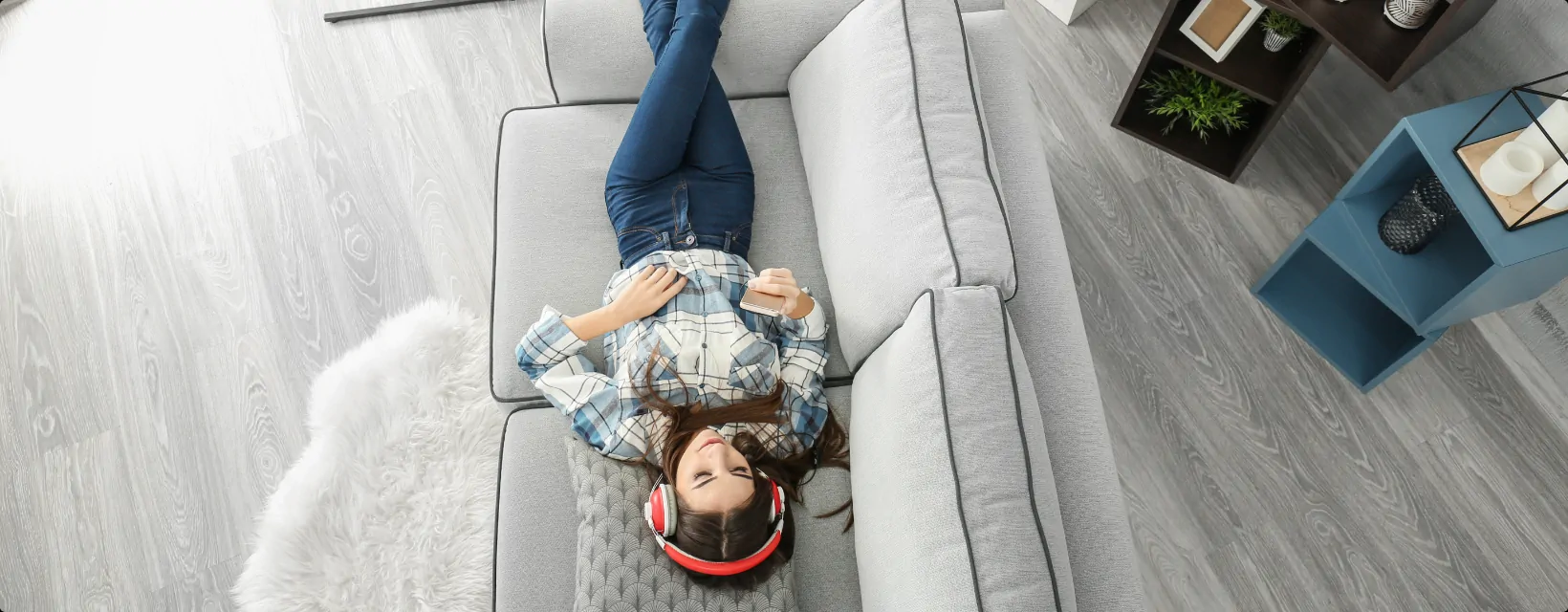
Recycling and separating waste
Recycling and separating waste is a matter of mutual interest. By separating waste properly, you aren’t only protecting the environment, but also reducing waste management costs! Thank you for practicing waste sorting!
Bio-waste
Bio-waste is produced daily in cooking and eating. Bio-waste includes all decomposable food and kitchen waste. E.g., leftovers, peels from fruit and vegetables, eggshells, coffee and tea grounds and fish entrails.
We recommend collecting bio-waste into a paper bag.
Cardboard
Cardboard waste includes clean and dry cardboard and paper packaging. E.g., milk and juice cartons, pizza boxes, flour bags, egg cartons, detergent packaging, pasta packaging, corrugated cardboard and empty kitchen towel/toilet paper rolls.
Glass
In properties that have glass recycling, you may recycle any colored or non-colored glass bottles and containers. Please make sure that the glass bottles and containers are clean before recycling them.
Metal
For properties with metal collection, recyclable metal can include cans, cans without deposit (cans with deposit can be recycled to reverse vending machines inside stores), aluminum foil and foil liners, metal lids and caps and metal holders of tealight candles.
Plastic
Plastic waste includes all kinds of plastic packaging for consumer use such as yogurt packaging, cold cut packaging, ketchup bottles, butter tubs, plastic containers, detergent/shampoo/soap bottles, plastic bags and wrappers. Plastic bottles, canisters and jars can also be sorted into plastic waste bins.
Please note that all plastic packaging must be clean and dry before being sorted into the bin.
You cannot put pvc packaging or otherwise dirty packaging and other plastic goods such as plastic buckets or toys into the plastic recycling bin. A packaging containing pvc plastic can be identified by the 03 marking.
Paper
Paper includes newspapers and magazines, print-out paper, advertisements, leaflets and catalogues and windowed or no window envelopes. The recycled paper must be clean and dry.
Energy waste
Energy waste is non-recyclable residual waste and has to be delivered to a recycling station. Mixed waste can include things like cosmetics, non-recyclable plastic, vacuum cleaner dust bags, broken clothing, diapers and pet droppings. Waste such as drinking glasses, heat-resistant glass, chinaware, ceramics and mirror glass are considered energy waste.
Eco points
Get informed about local sorting practices and recycling opportunities at www.ekorosk.fi. You can find the eco point closest to you here!
Recycling station
You can bring plastic and cardboard packaging, energy waste, wood waste, metal, glass, paper, cardboard, electrical/electronic waste, furniture, hazardous waste, stone material and other landfill waste, directly to the recycling station. The address and business hours can be found here.
